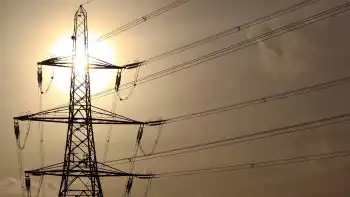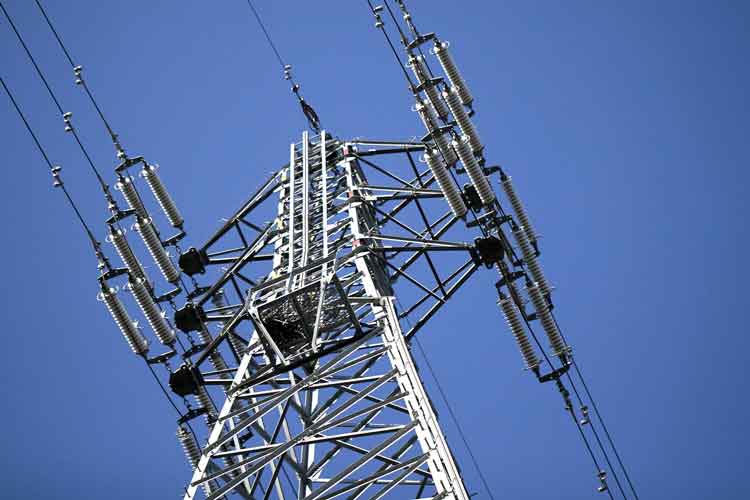Power plant proposal needs emission work
PALMDALE, CALIFORNIA - The City of Palmdale's proposal for a 570-megawatt natural gas/solar power plant in Los Angeles County does not meet California state air quality regulations but could be updated to meet the requirements, state regulators said.
In a statement, the California Energy Commission said its staff determined the city should first identify sufficient ozone emission reduction credits before allowing the estimated $950 million project to go forward.
The staff assessment is not a final decision on the project. The assessment will serve as the staff's testimony at a hearing to be held by two commissioners who will then recommend a proposed decision to the full commission, which will make the final decision.
Palmdale filed to build the project with the Commission in 2008. If approved, the Commission said the plant could enter service in 2013.
The project, to be located on a 377-acre industrial site, will integrate a gas-fired combined-cycle power plant with a solar thermal plant. To reduce natural gas use and carbon dioxide and other emissions, the solar part of the plant will contribute up to 50 MW of generation when the sun is shining.
Palmdale Mayor James Ledford said in local reports the city proposed the project to increase local energy supplies, create jobs and attract businesses to the area by reducing the city's dependence on more expensive outside sources of electricity.
Edison International's Southern California Edison supplies the city with power.
Almost 500,000 people live in the Palmdale metro area with about 150,000 within the city borders. Palmdale is located about 60 miles north of Los Angeles.
Related News

By Land and Sea, Clean Electricity Needs to Lead the Way
MARTHAS VINEYARD - Over the past year, it has become increasingly clear that climate change is accelerating. Here in coastal New England, annual temperatures and precipitation have risen more quickly than expected, tidal flooding is now commonplace, and storms have increased in frequency and intensity. The window for avoiding the worst consequences of a climate-changed planet is closing.
At their recent special town meeting, Oak Bluffs citizens voted to approve the 100 per cent renewable Martha’s Vineyard warrant article; now, all six towns have adopted the same goals for fossil fuel reduction and green electricity over the next two decades. Establishing…




